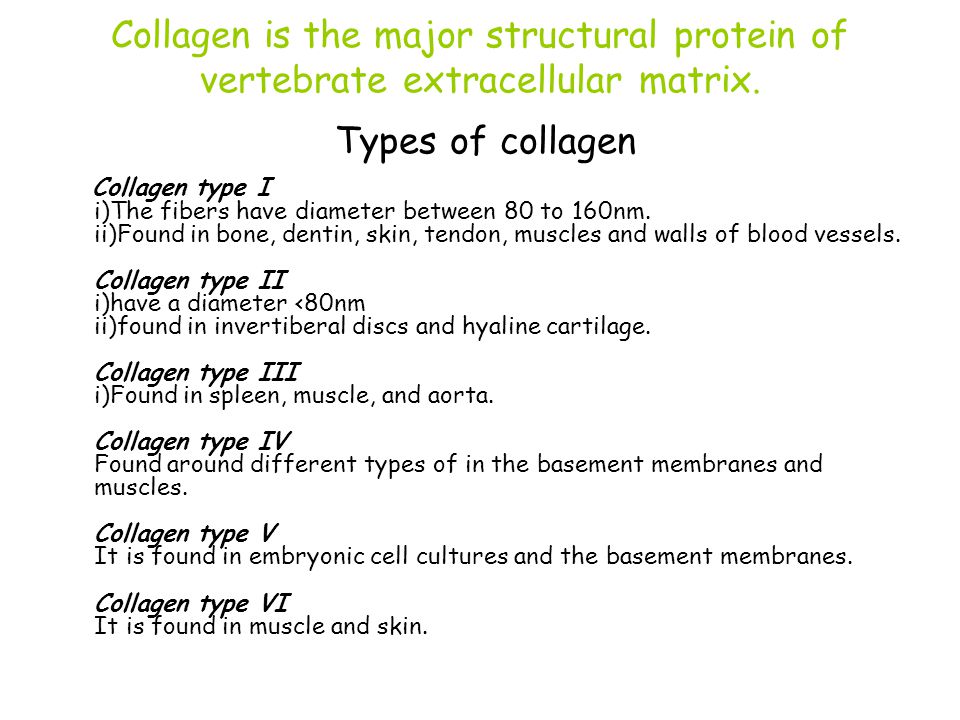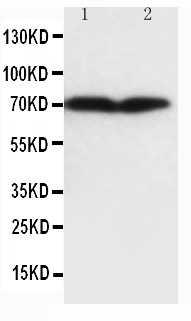

Cross-linking between molecules produces a very stable fibril, contributing to collagen′s tissue strengthening function. Collagen type III supports the structure of the muscles, organs and arteries within the body. The mature collagen molecules assemble into fibrils. Formation of the collagen fibril: lysyl oxidase, an extracellular copper-dependent enzyme, produces the final step in the collagen synthesis pathway. The type III procollagen molecules are released from the cell and are processed by enzymes that clip small segments off either end of the molecules to form mature collagen. This step is absent when synthesizing type III, a type of fibrilar collagen. Enzymes modify the amino acids lysine and proline in the protein strands by adding chemical groups that are necessary for the strands to form a stable molecule and then later to crosslink to other molecules outside the cell. Type III collagen is also a critical component in platelet aggregation and thus initiating the blood clotting cascade. After being synthesized, the procollagen molecule is modified by the cell. Type III collagen is known to interact with type I and II collagens in the fibril formation and is an important regulator of fibril diameter increase in type III collagen content will lead to the formation of thinner fibrils.

Signal among the interstitial cells of the dermal layer in hypertrophic scar tissue was robust and extensive for type I collagen (Figure 3) and weaker although clearly present for type III collagen (Figure 4). Collagen III is initially produced as procollagen, a protein consisting of three pro-alpha1(III) chains that form the triple-stranded, rope-like molecule. Conversely, type III collagen immunostaining was light and sparse with an uneven distribution (Figure 2). Background: PIIINP is the amino terminal peptide of type III procollagen, released from the precursor peptide during the synthesis and deposition of type III collagen. Type III collagen, which adds structure and strength to connective tissues, is found in many places in the body, especially skin, lung, intestinal walls, and the walls of blood vessels. Type III procollagen peptide is a serum marker of collagen turnover and is used to assess hepatic fibrosis in patients on long-term Methotrexate. CO元A1 is the gene responsible for producing the pro-alpha1(III) chain of type III procollagen.


 0 kommentar(er)
0 kommentar(er)
